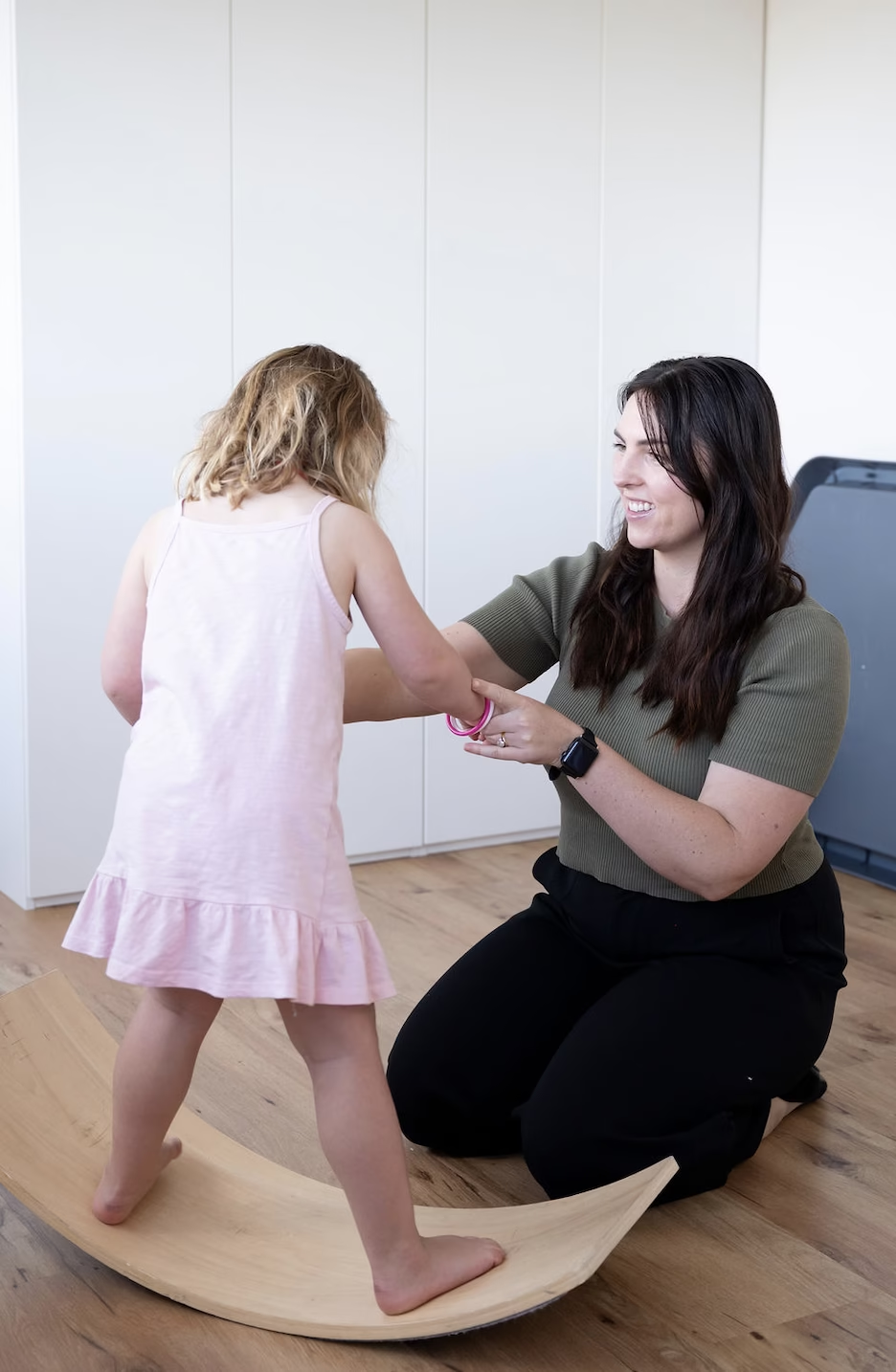Out with the Old Goals, In with the New

The Importance of Reviewing Treatment Goals in Speech and Occupational Therapy
The New Year is synonymous with fresh starts, new beginnings, and exciting possibilities. For many of us, the new year brings a sense of motivation to set new goals, whether for personal growth, professional achievements, or family milestones. This fresh look at things can be helpful for your child’s therapy goals too. If your child has been attending speech or occupational therapy then this time of the year can be perfect for reviewing their goals and setting new ones for 2025. With the new year bringing new challenges and opportunities your child isn’t at the same point they were at last year so it’s time to recalibrate your therapy journey.
Why It’s Important to Regularly Review Therapy Goals
- Change Happens Gradually
We know that therapy progress can feel like it’s going at a crawling pace sometimes, and it’s easy to overlook small improvements along the way. By reviewing goals, you get a chance to celebrate the steps your child has taken, even if they seem small at the time. Looking back, you’ll often find that your child has made more progress than you realized.
2. Goals Should Evolve
As our little ones grow, their needs, interests, and challenges change. What was important last year might no longer matter this year. Regularly reviewing goals ensures that they remain relevant and reflect what matters most to your child at this stage of their development.
3. When Progress Stalls
It can be frustrating if you don’t see the progress you hoped for, but this is an important signal that something needs to change. If a goal isn’t progressing as expected, it may be time to take a step back and adjust the approach. This could mean trying a different strategy or focusing on a different skill for a while.
Tips for Setting Effective Therapy Goals
When setting goals for your child’s therapy, it’s important to keep a few key principles in mind. Well-crafted goals can make a big difference in the progress that you see whereas a badly set goals won’t do their job of tracking progress:
- Set Realistic Expectations: It’s essential to set goals that are achievable for your child. Speak to professionals on what is realistic for your child’s age and ability. You can always aim higher later but aiming too high to start can become unmotivating quickly!
- Break Bigger Goals into Smaller Steps: Large goals can be overwhelming, but breaking them down into smaller, manageable tasks makes them more achievable. For example, if the goal is to improve your child’s handwriting, you might start by focusing on letter formation, then move on to spacing, and finally work on writing complete sentences neatly.
- Be Specific About What You Want to Achieve: The more specific you can be with your goals, the better. Instead of setting a vague goal like “improve speech,” try to focus on something measurable and specific, such as “speak in full sentences with 80% clarity during structured activities.”
The New Year is a perfect time to pause and reflect on your child’s therapy journey, especially as they experience transitions and face new challenges. If you have any questions about setting therapy goals or would like guidance on creating a plan for your child’s therapy, feel free to reach out to us at Prosper Health Collective. We’re here to help you flourish and thrive!